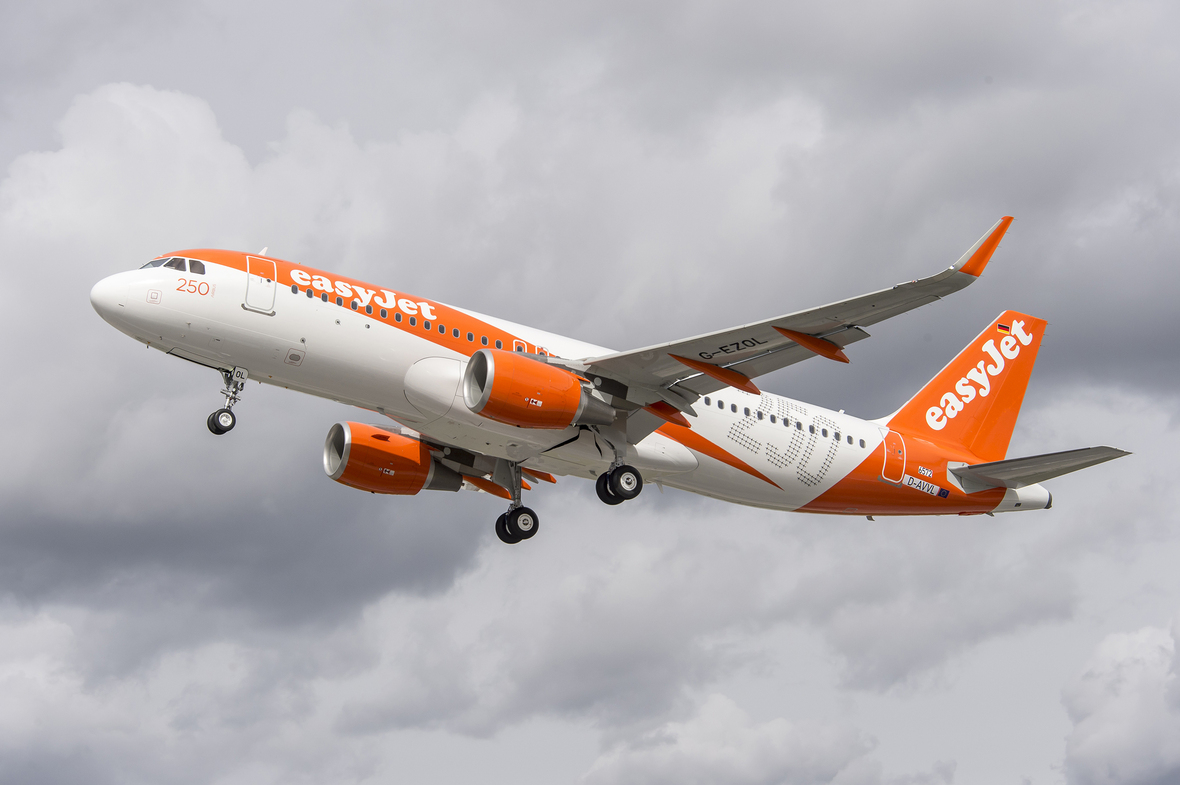Agreement between easyJet and SEA for more sustainable management of operations at Milan airports

SEA – Società Esercizi Aeroportuali, the Group that manages the airports of Milan Malpensa and Linate, and easyJet – the number one airline at Milan airports – this morning signed a Letter of Intent with the aim of working together to implement a more sustainable management of operations at Milan airports.
Both companies share the conviction that, to be truly sustainable, air transport must achieve decarbonisation at scale, and that reaching net-zero by 2050 requires a joint effort across the entire value chain, from airports to airlines.
The agreement signed between easyJet and SEA defines the areas in which the two companies will be working together: the use of Sustainable Aviation Fuel (SAF), research into infrastructural requirements for hydrogen propulsion, improvements in waste management and recycling, as well as the use of zero-emission ground service equipment.
The parties will also create a working group that will meet regularly and monitor the progress of the individual actions developed within the framework of this agreement.
Lorenzo Lagorio, Country Manager of easyJet in Italy, said:
“Decarbonising aviation is a cross-industry effort, that the whole sector must undertake together.
easyJet has committed to achieve net-zero by 2050 when joining the United Nations’ Race to Zero campaign last year and also recently announced an interim target to improve its carbon emissions intensity by 35% compared to FY2020, to be achieved by 2035.
Today’s agreement with SEA demonstrates easyJet’s commitment to continuously look for ways to make its operations ever more sustainable and work closely with all partners involved. Driven by the desire to bring real change to the aviation sector, we can’t wait to start working together on these innovative projects to make the airports of Malpensa and Linate even more efficient and sustainable.”
Armando Brunini, CEO of SEA:
“SEA has been committed to the environment for a long time, and is well aware that in order to meet the goal of a net-zero air transport by 2050, it is necessary to accelerate and diversify partnerships. This agreement with easyJet, the largest airline in Malpensa, will allow us to tackle emissions in multiple areas of our operations with a focus on the introduction of Sustainable Aviation Fuels”
Carbon emissions from air travel contribute to climate change. easyJet addresses this in two ways, by working tirelessly to minimise carbon emissions today and pursuing zero carbon emission solutions for the future.
In the short-term, the airline is focused on being as efficient as possible; flying its aircraft in ways which avoid noise and unnecessary use of fuel; and flying them full of passengers. Airbus NEO aircraft continue to join the fleet. These aircraft are at least 15% more fuel efficient than the aircraft they replace and also have a 50% noise reduction. All these measures mean that since 2000, over a 20-year period, easyJet has already reduced its carbon emissions per passenger, per kilometre by one-third.
The airline’s ultimate ambition is to achieve zero carbon emissions flying. During COP26 last year, easyJet joined Race to Zero, a global UN-backed campaign to achieve net-zero carbon emissions by 2050. The airlines believes that aviation needs to make radical changes and championing the development of a zero carbon emission aircraft to decarbonise aviation has long been a focus for easyJet. The airline is working with partners across the industry, including Airbus, Rolls-Royce, GKN Aerospace, Cranfield Aerospace Solutions and Wright Electric, to accelerate the development of zero carbon emission technologies and the required infrastructure.
Sustainability is a holistic issue, and so easyJet is also looking beyond carbon: The airline is reducing waste within its wider operations and the supply chain as well as reducing plastic. By the end of 2021 more than 36 million single-use plastic items were eliminated from inflight operations. easyJet also introduced new crew uniforms made from recycled plastic bottles. With 45 bottles in each uniform this has the potential to prevent 2.7 million plastic bottles from ending up in landfill or in oceans over the next five years.
